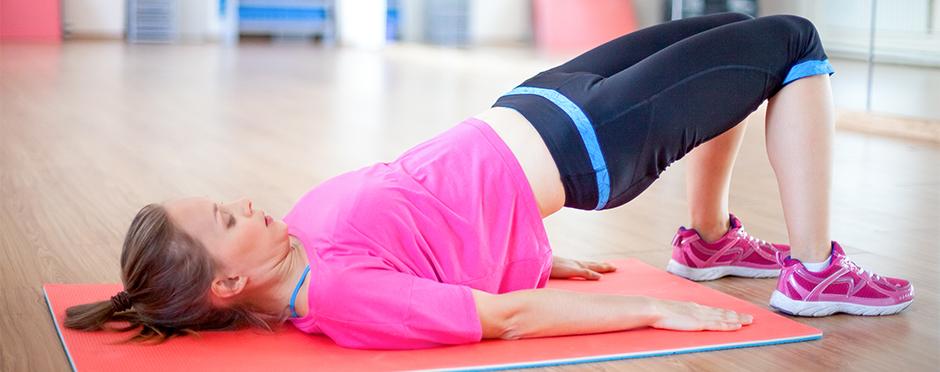
September 8, 2024
Urinary System Incontinence: Types, Triggers, Treatment, & A Lot More
Mixed Urinary Incontinence: Symptoms, Causes, And Therapy Alternatives Among the first treatments a healthcare provider may recommend for urinary system incontinence is behavioral therapy. This therapy usually consists of regulating your fluid intake, but this doesn't always suggest alcohol consumption much less. If bladder control problems are influencing your lifestyle, speak with your health care service provider concerning the possible reasons and the therapy alternatives that can help you. In most cases, incontinence can be treated, treated or handled. Urinary system incontinence can be brought on by weakened bladder muscles, damage to the pelvic floor, enlarged prostate, menopause, or bladder cancer.Way Of Living And Home Remedies
Here, you will find out more about UI, what creates it, how to treat it, and just how to adapt to life with the symptoms. Signs and symptoms can range from mild to serious and can be a sign of cancer, kidney rocks, infection, or an enlarged prostate, among other reasons. Particular drinks like coffee, caffeinated tea, and soda pop, can get worse urinary incontinence. Other drinks like carbonated beverages and alcohol could irritate the bladder and may likewise need to be stayed clear of.Diapers For Combined Urinary Incontinence
With the best details and treatment, bladder control troubles (urinary incontinence) can almost always be healed or handled. Urinary (or bladder) incontinence occurs when you are not able to keep pee from leaking out of your urethra. The urethra is the tube that carries pee out of your body from your bladder. You ought to follow your medical professional's instructions for recovery and recuperation. Do not go back to typical activity until your doctor has actually confirmed that it's risk-free to do so. Your body requires time to heal from the surgery, and you require a few days to become familiar with the results of the surgical treatment.Medicine For Tension Urinary Incontinence
Just how to deal with urinary incontinence?
- Stress Urinary System Incontinence (SUI) is triggered by damaged pelvic floor muscular tissues, which includes the urethral sphincter (shutoff to hold pee in the bladder).
- Keeping a healthy body weight can likewise aid with bladder control.
- Advise urinary incontinence, on the other hand, is when there is an abrupt and intense impulse to pee, followed by an irrepressible loss of urine prior to reaching the commode.
- From your bladder journal, your health care service provider will have the ability to see the patterns of your incontinence, including the regularity and extent.
- If you experience urinary incontinence, make a consultation with a health care expert.
Social Links